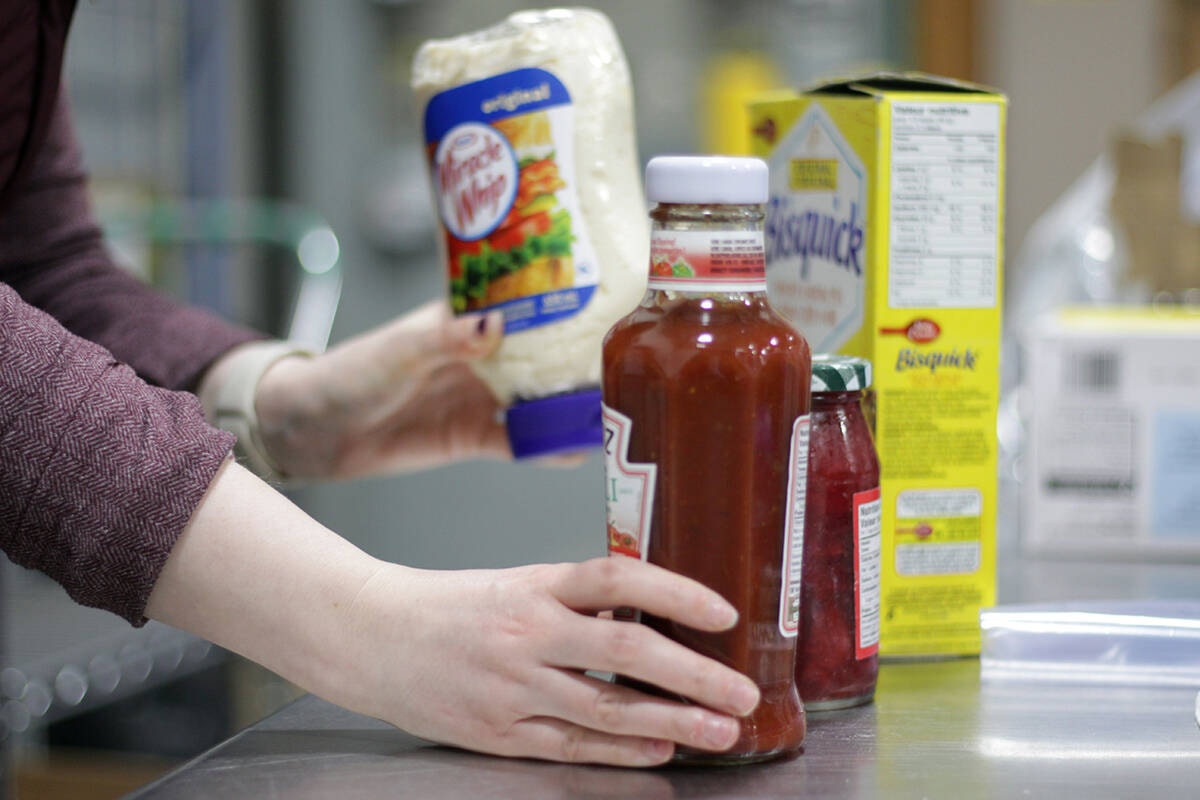
The head of the association representing B.C. food banks said he hoped the province would have received a better grade from a report tracking poverty.
Food Banks Canada’s 2024 Poverty Report Card gives B.C. a D-plus.
“I would say that the grade itself is very concerning as it was last year and we were optimistic that we would see B.C. improving on that,” Dan Huang-Taylor, executive director of Food Banks BC, said. “It (the final grade) was disappointed but also unexpected because this is what we are seeing at the front lines of food banks, more people needing services, which only tells that the situation of many British Columbians has gotten worse.”
The provincial poverty rate of 11.6 per cent is “substantially higher” than the national average of 9.9 per cent, according to the report. More British Columbians are also experiencing some form of food insecurity in the face of rising costs for necessities like housing coupled with inadequate assistance rates.
Huang-Taylor said B.C.’s poverty rates partly reflect economic factors completely out of its control. “But we are also certainly looking at government policies that are currently inadequate to meet the needs of people, particularly those who are most impacted by poverty — people on fixed incomes, racialized communities and Indigenous peoples.”
Huang-Taylor said solutions must involve all societal partners: all levels of government; non-profits and corporations, adding that his organization looks forward to the upcoming release of B.C. poverty reduction strategy.
RELATED: Food bank report fails B.C. on several poverty tests, but commends efforts
“We are encouraged by what’s happening in B.C. with housing,” Huang-Taylor said, adding more needs to be done to adequately house hundreds of thousands of people.
The Poverty Report Canada gives B.C. a B for government efforts to address some poverty issues, especially when it comes to housing.
“(B.C.) has developed an ambitious and aggressive housing plan that is widely regarded as among the best in Canada,” it says.
Speaking at a housing event Thursday (May 24) in Metro Vancouver, Premier David Eby acknowledged the report.
“The issues facing many British Columbians around affordability are serious and on-going,” he said. “Today’s announcement is just one example of how we are responding to one of the biggest drivers of affordability for people, which is the cost of housing,” he said. Eby pointed to many of the factors which Huang-Taylor later identified outside of B.C.’s control, including Bank of Canada interest rates.
RELATED: B.C. offering one-time rental benefit for some low-income families, seniors
RELATED: $214M coming to B.C. school districts to create, expand food programs
RELATED: $110-rebate coming to B.C. drivers by end of July: ICBC CEO
Eby also pointed to other initiatives, including the expansion of the Shelter Aid for Elderly Renters program and the Rental Assistance Program; the creation of breakfast programs for school children; and the creation of subsidized, in some cases, free child care spaces.
Eby also pointed to the one-time B.C. Hydro rebate of $100 part of this year’s budget and the just announced ICBC rebate of $110 coupled with a freeze on auto insurance rates as steps to make life more affordable.
“We know got a lot of work to do to respond to this,” he said.
When asked which specific policies British Columbians might expect to hear about when it comes to reducing poverty rates during the upcoming election campaign, Eby questioned the commitment of B.C. United and Conservative Party of B.C.
Under the B.C. NDP, B.C. now has the highest minimum wage, while maintaining top credit rating and one of the lowest debt-to-GDP ratios, Eby added.
Since coming to power, the B.C. NDP has raised social assistance three times.
“We increased disability assistance, we doubled the senior supplement…I could go on,” he said. “But all of these pieces were available under the previous administration and they didn’t do it.”
Eby also warned that a future centre-of-right government would roll back these programs.
